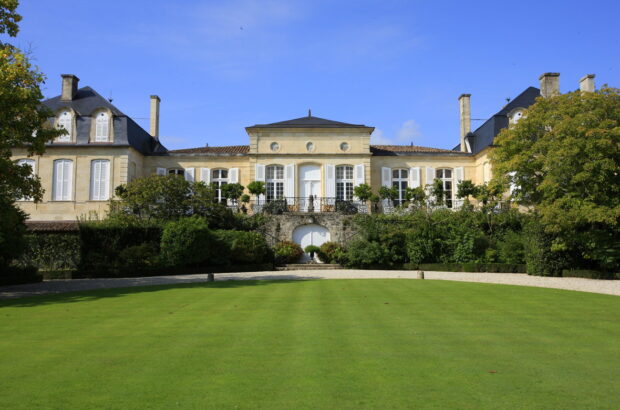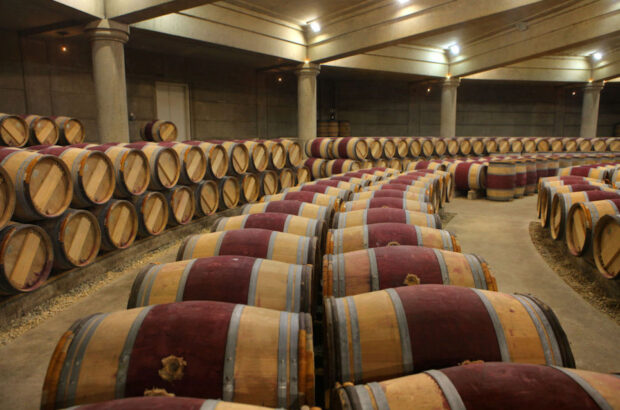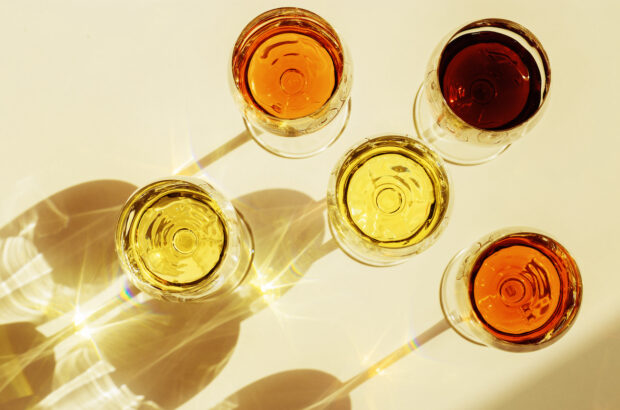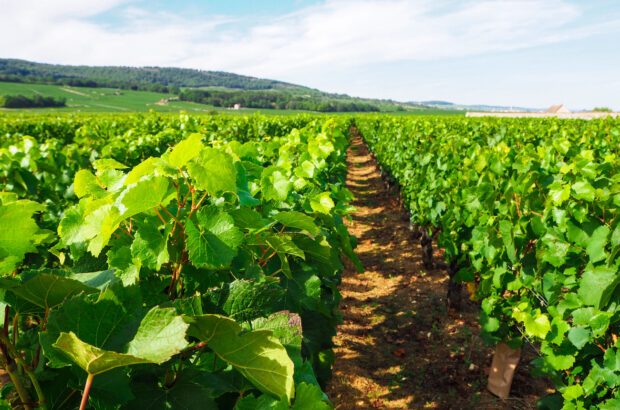Producers of some of Italy's most famous wines, including Chianti Classico and Brunello di Montalcino, have been angered by an official report that warns vineyards are a potential threat to biodiversity.
The vineyard landscape around Montalcino in Tuscany. Click on the following two images to compare aerial photos of Poggio San Polo vineyard land in 2013 and in 1954, prior to cultivation. Technical director Nicola Biasi said the land was previously neglected.
There is growing concern among winemakers in Tuscany that local authorities will restrict plantings and new wineries in light of the report, which was commissioned by Tuscany‘s government and forms part of its new regional development plan, or Piano di indirizzo territoriale (PIT).
In the report, academics warned that the rapid expansion of vineyards in recent decades has led to higher risk of hillside soil erosion and groundwater pollution. It also said vineyards have altered the natural landscape.
In Montalcino, Decanter.com understands the Brunnello di Montalcino Consorzio is collecting winemakers’ signautures for a protest letter it intends to sent to Tuscany’s governor, Enrico Rossi.
‘I’m very afraid about the PIT,’ Nicola Biasi, technical director at Poggio San Polo in Montalcino, told Decanter.com.
‘I admit that sometimes in Italy we have exaggerated with the vineyard planting; deforesting entire hills and defacing the landscape significantly. But. this is absolutely not the case of the classic areas of Tuscany.
‘Here, almost always, vines cohabit with man and in villages such as Montalcino, Castellina in Chianti, Radda, Panzano and Montepulciano, wine is part of history. The whole world envies our vineyards.’
Winemakers argue that only 15% of Montalcino’s municipal area is under vine and that growing numbers of producer are turning away from chemicals on the understanding that they have a vested interest in preserving the land.
Giuseppe Liberatore, general manager of the Chianti Classico Consorzio, said it was still not clear how Tuscany’s government would enforce restrictions on vineyard expansion.
‘Vintners have not been involved and have not contributed to the drafting of the document,’ he said.
‘What we can say is that vintners have no interest in ruining their beautiful landscapes, which are a consistent part of their patrimony and fortune. Without wine estates, Tuscany could only be uglier, poorer and with many more unemployed people.’
Governor Rossi has been quoted by local media as saying that he expects a compromise to be found with wineries,
because both sides are interested in sustainable production.
Written by Chris Mercer







